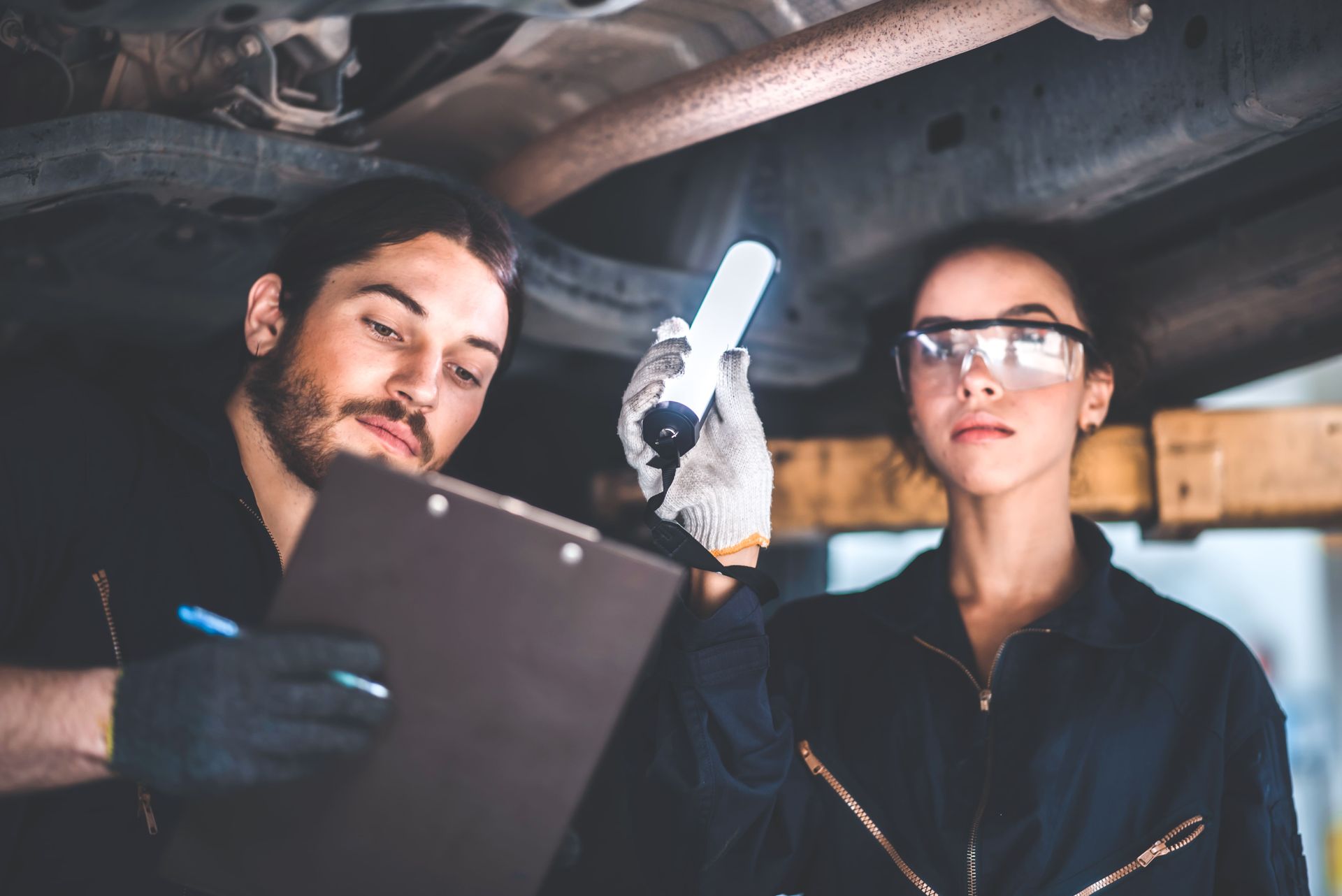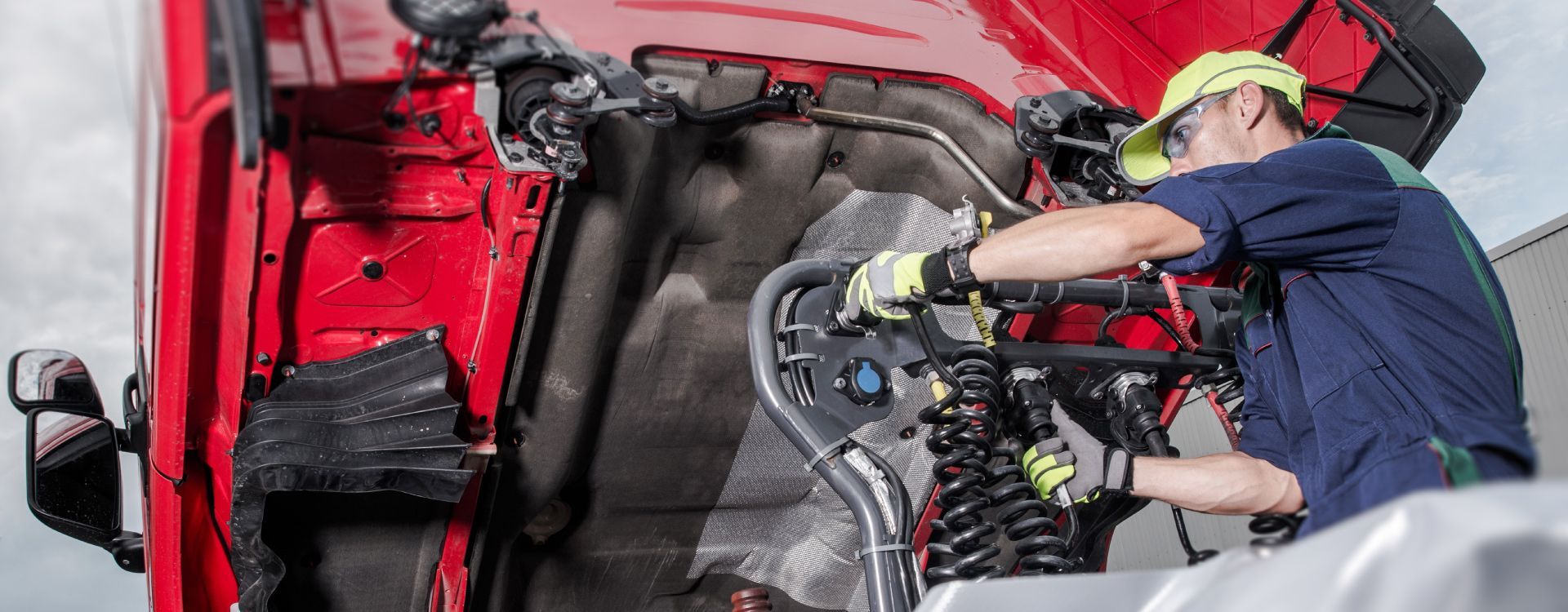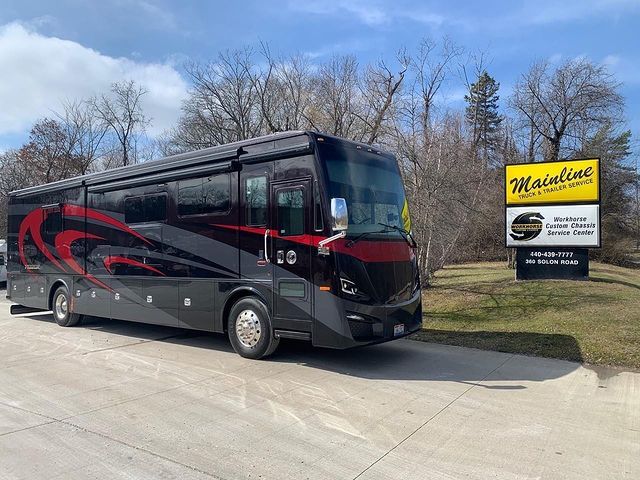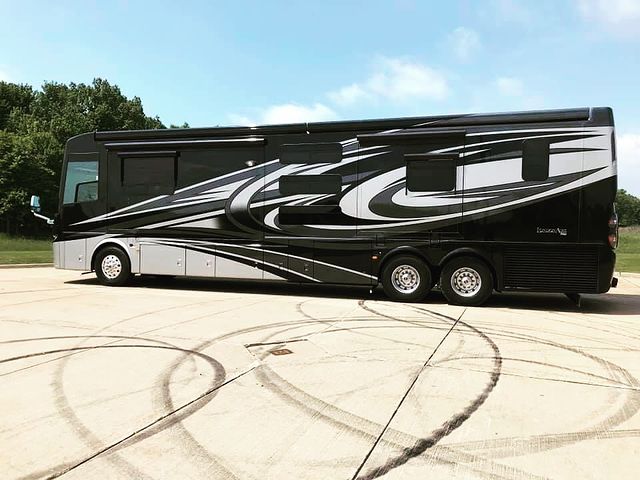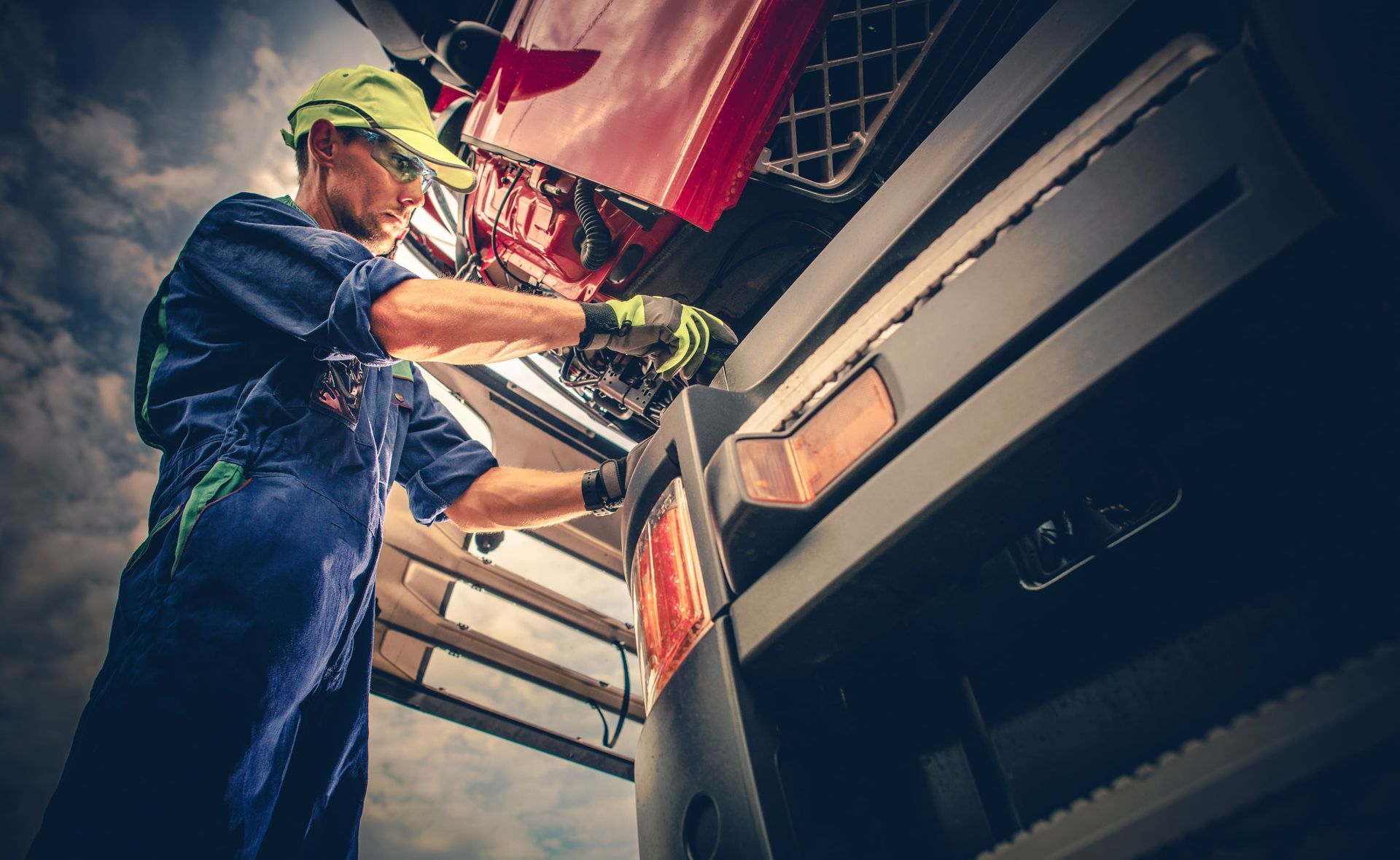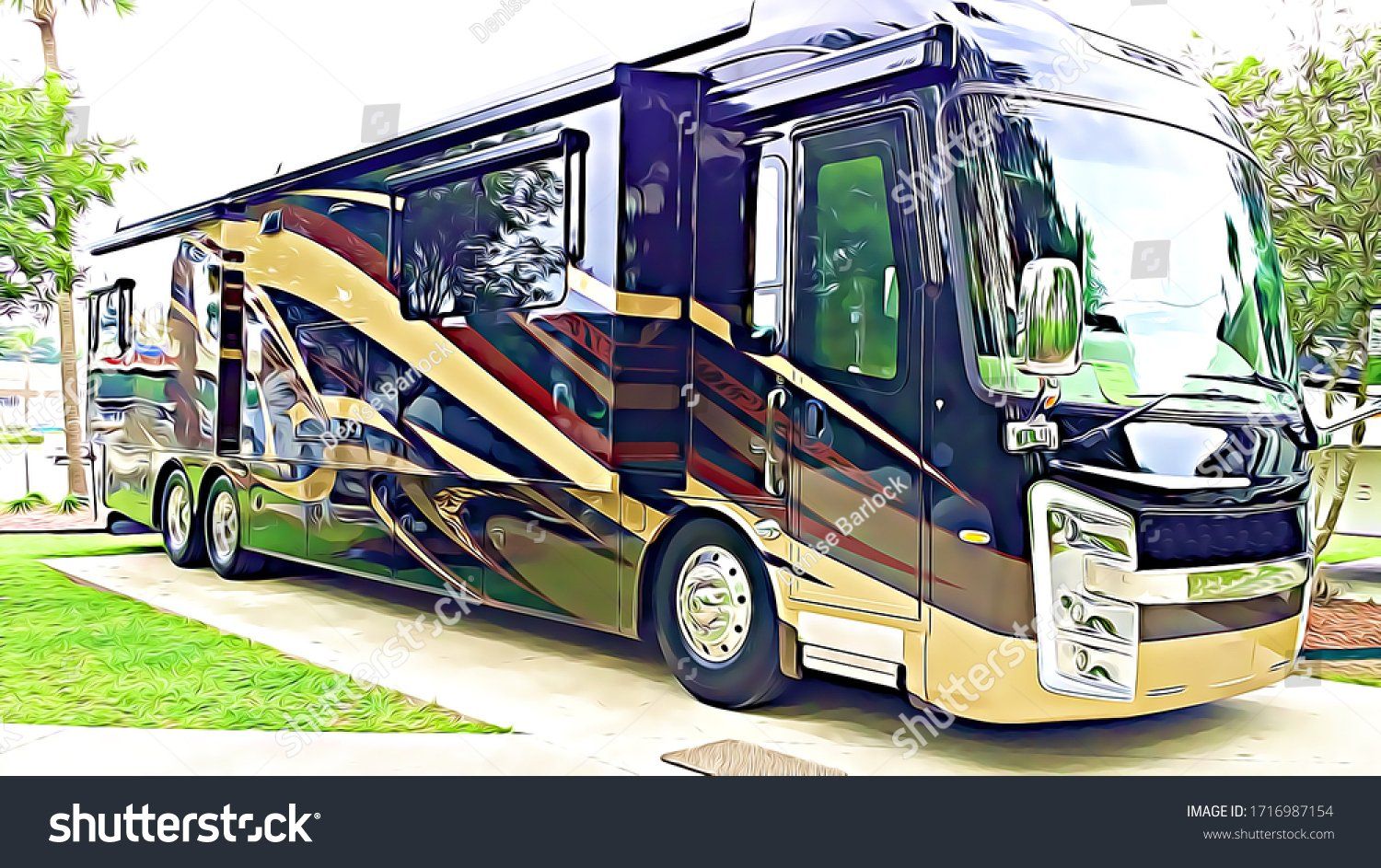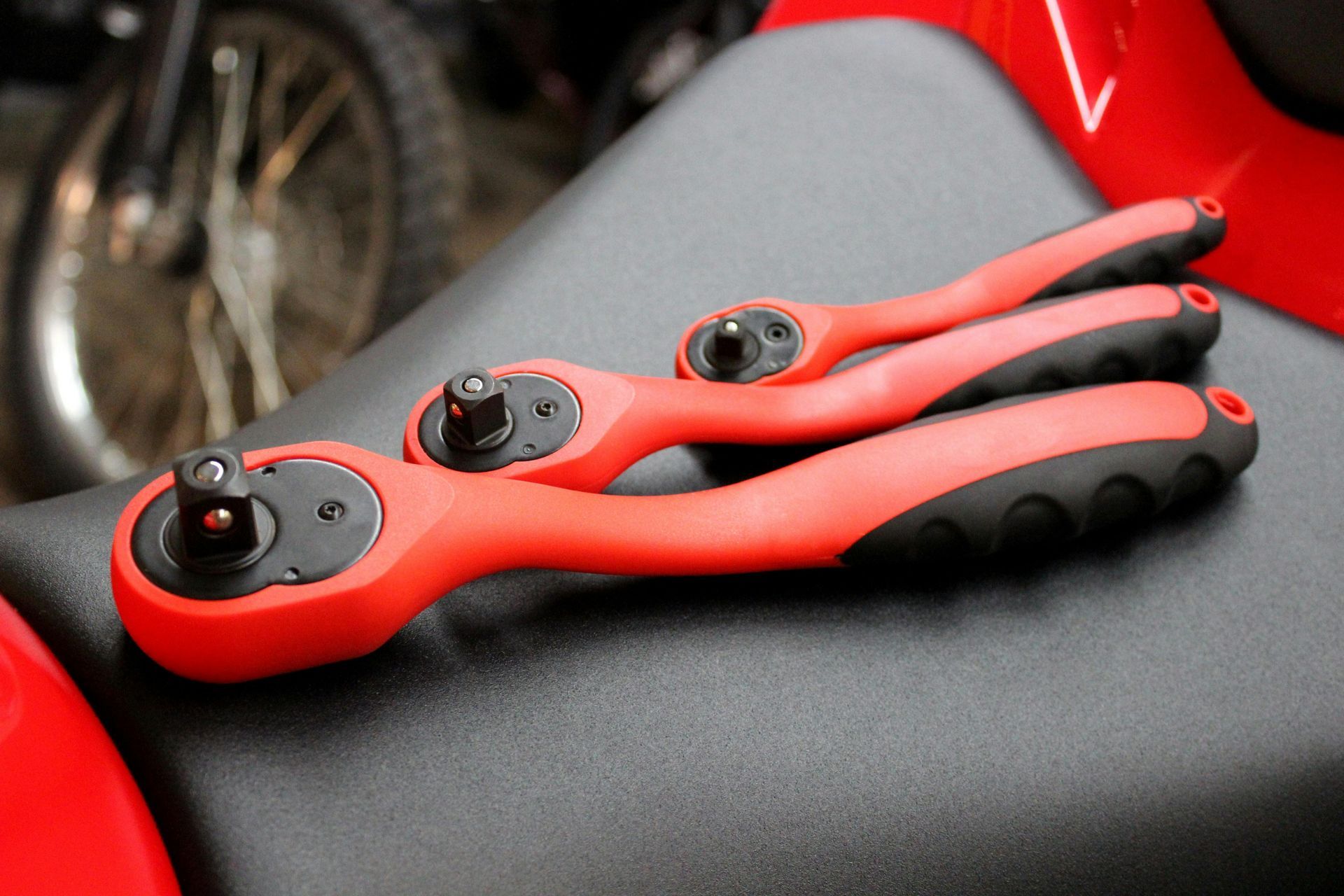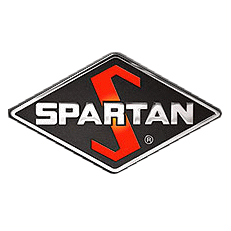Do You Need Sway Bars for a Small Camper?
When towing a small camper or RV, stability and safety are top priorities. One common question is whether sway bars, also known as anti-sway bars, are needed for smaller campers. The answer isn’t always straightforward as it depends on various factors like your towing setup, road conditions, and personal preferences.
Here, our team at
Mainline RV & Truck Service explores what
sway bars for campers are, how they work, and the situations where they can improve your towing experience. By the end, you’ll be able to decide if sway bars are right for your small camper.
What Are Sway Bars?
Sway bars are a towing accessory designed to stabilize trailers and reduce side-to-side movement which is commonly referred to as “sway.” These bars are made from durable metal and connect the trailer tongue to the hitch on your tow vehicle. The main purpose of sway bars is to minimize lateral motion caused by wind, road conditions, or uneven weight distribution.
While sway bars won’t eliminate all trailer movement, they improve towing stability, especially under difficult conditions. Without sway bars, towing a trailer can be a stressful experience, particularly on highways or in windy weather. Drivers who’ve used sway bars often describe the difference as night and day, which is why they’re a popular accessory for safer and more comfortable towing.
Why Do Trailers Sway?
Trailer sway happens when the camper begins to oscillate side-to-side behind the tow vehicle. This can escalate quickly and make it difficult to maintain control. The main causes of trailer sway include:
1. Improper Weight Distribution
An unevenly loaded trailer with too much weight either at the front or rear can cause instability. Properly distributing the weight is important for reducing sway.
2. External Forces
High winds, sudden gusts, or turbulence from passing vehicles, especially semi-trucks, can trigger trailer sway.
3. Driving Too Fast
Excessive speed amplifies any existing sway which makes it harder to control the trailer. Even a small trailer can be affected by these factors. A sway bar helps counteract these forces by providing better control and a smoother towing experience.
How Sway Bars Work
Sway bars are installed between the trailer tongue and the tow vehicle’s hitch. They stabilize the pivot point and reduce side-to-side motion. By reducing trailer sway, these bars make towing safer and less stressful, especially on long drives or under challenging road conditions. Here’s a closer look at how they function:
The sway bar stiffens the connection between the trailer and the tow vehicle by absorbing some of the side-to-side forces that cause sway.- This increased rigidity helps keep the trailer in line with the tow vehicle even when external forces like wind or uneven roads come into play.
- While sway bars don’t affect the trailer’s up-and-down movement, they provide stability for lateral motion, which is key to maintaining control.
Types of Sway Bars
There are two primary types of sway bars, each with its own advantages:
1. Hitch Sway Bars
Hitch sway bars are integrated directly into a weight distribution hitch. They consist of sturdy metal arms that connect the trailer to the tow vehicle and are often reinforced with chains or adjustable components.
- Advantages: Hitch sway bars are highly effective and often come as part of a weight distribution system. They’re a great all-in-one solution for improving towing stability.
- Ideal For: Drivers who tow larger or heavier trailers and want maximum stability.
2. Adjustable Sway Bars
Adjustable sway bars are standalone components that attach to the trailer tongue and hitch. They can be adjusted to fit different setups and towing needs.
- Advantages: These are versatile and can be fine-tuned for better performance.
- Ideal For: Campers of varying sizes, as they give you flexibility in setting up.
Both types of sway bars are effective for reducing trailer sway. Choosing between them typically comes down to personal preference and the specific towing setup.
Sway Bars vs. Weight Distribution Hitches
It’s important to understand the distinction between sway bars and weight distribution hitches, as they have different purposes:
- Sway Bars: Focus on reducing side to side movement of the trailer.
- Weight Distribution Hitches: Work to evenly distribute the trailer’s weight across the tow vehicle’s axles, preventing sagging and improving overall towing stability.
For the best towing experience, you can purchase a combination system that integrates both sway control and weight distribution. This solution is especially useful for heavier trailers or challenging driving conditions.
Do Small Campers Need Sway Bars?
While it’s not always necessary, sway bars can enhance towing stability, even for small campers. Even if your camper feels stable most of the time, sway bars offer an added layer of safety that many drivers appreciate. Consider the following factors to see if you need them for your camper:
- Towing Conditions: If you usually drive on windy highways, curvy roads, or uneven terrain, sway bars are a smart investment.
- Trailer Size: While small campers are generally less prone to sway than larger trailers, they’re not immune. A sway bar provides peace of mind to ensure a smoother ride.
- Personal Comfort: If you’ve experienced sway while towing, you know how unsettling it can be. Adding sway bars can make towing less stressful and more enjoyable.
Backing Up with Sway Bars
One concern for drivers is whether sway bars affect backing up. While you can still back up with sway bars attached, they could make sharp turns more difficult. If you need to move into a tight space, consider disconnecting the sway bars temporarily. This allows for better flexibility and ease of movement. Just remember to reattach them before getting back on the road.
Tips for Maintaining Your Sway Bars
Proper maintenance is key to ensuring your sway bars remain effective. Taking the time to maintain your sway bars will extend their lifespan and keep them functioning at their best. Here are some tips:
Regular Inspections: Check the bars for signs of wear, rust, or damage. Tighten any loose bolts or connections.
Lubrication: Apply a manufacturer-recommended lubricant to moving parts to prevent sticking and ensure smooth operation. This is especially important if you frequently drive in wet or dusty environments.
Clean After Use: After towing, especially in muddy, salty, or wet conditions, clean the sway bars thoroughly to remove dirt, grime, and salt that could accelerate corrosion.
Check the Hitch Assembly: Inspect the hitch connections regularly to ensure the sway bars are properly attached and the hitch itself is in good condition.
Replace Worn Parts: If you notice significant wear, damaged components, or compromised functionality, replace the sway bars or affected parts promptly to avoid accidents.
Annual Professional Checkup: Have your sway bars inspected by a professional at least once a year to identify any issues you may have missed.
The Benefits of Sway Bars for Small Campers
Even if your small camper doesn’t absolutely need sway bars, they offer several valuable advantages:
Enhanced Stability: Keeps the trailer aligned with the tow vehicle, even in high winds or rough road conditions.
Improved Safety: Reduces the risk of losing control caused by trailer sway, protecting you and other drivers.
Greater Comfort: Minimizes lateral movement, making long drives smoother and less tiring.
Better Handling: Makes cornering and maneuvering more predictable, especially on uneven terrain or during sudden turns.
Reduced Wear and Tear: Prevents excessive strain on your tow vehicle’s tires,
suspension, and hitch components.
Confidence in Towing: Gives peace of mind, especially for those new to towing or driving in varying conditions.
Versatility: Works well for all towing scenarios, whether on highways, hilly regions, or winding roads.
Get Sway Bars for Your Camper at Mainline RV & Truck Service Today!
If you’re ready to enhance your towing experience, Mainline RV & Truck Service has the sway bars and towing accessories you need. Our high-quality products are designed to keep your camper stable and secure on the road.
If you’re not sure which setup is right for you,
our team of experts can help you choose the perfect sway bar system for your camper and towing needs. We can also assist with professional installation to ensure your equipment is properly set up for maximum safety and performance.
Schedule an appointment with Mainline RV & Truck Service today to get started!
